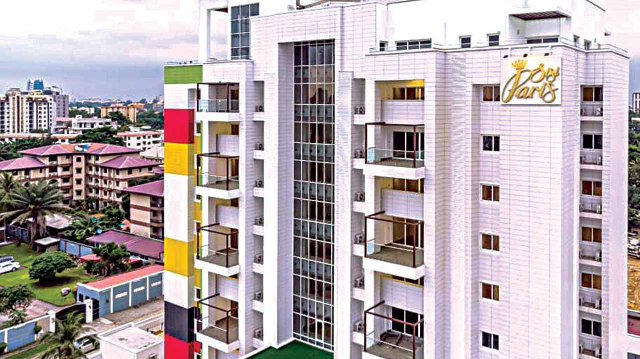In its determination to make life better for the over 58 million Nigerians living in abject poverty, the federal government has expressed its determination to remedy the situation through people-oriented programmes.
Speaking at a Forum for Accountable Society (FAS) organised by Actionaid Nigeria and the Africa Human Development Centre (AHDC) in Uyo, the Akwa Ibom State capital, Mohammed Braimah, who works at the Social Investment Office of the Vice President, said the federal government was committed to tackling the issues in line with its pre-election promises to Nigerians.
According to him, the President Muhammadu Buhari-led administration was committed to bridging the inequality gap by implementing key policies that would turn around the fortunes of Nigerians, especially the rural poor.
Under the scheme, the federal government has earmarked billions of Naira for the school feeding programmes, targeting no fewer than 5.5 million pupils in public primary schools from primary 1-3 in states including Osun, Kaduna, Enugu, Borno, Oyo, Akwa Ibom, Ebonyi and Zamfara, in the first phase of the programme.
He explained that the administration has budgeted N70 worth of meal per child for 200 days in a year and urged states to complement the effort by feeding pupils in Primary 4-6.
Braimah said the schemes are expected to be managed by the Ministry of Budget and National Planning and would also ensure that one million poverty-threatened households receive N5,000 monthly, while hundreds of unemployed graduates get training in various skills that would enable them to be self-sufficient.
He revealed that federal government was currently reviewing some social polices of past governments, including the SURE-P, YOUWIN, NDE and others for effective administration.
“All these are being handled by the Office of the Vice President and the federal government is reviewing all social programmes – about 26 of them – by various governments since 2000.
“The Ministry of Budget and National Planning is handling them to get bio-metric capture of the beneficiaries to avoid any discrepancy in implementation,” he explained.
To have easier access to the facilities, Prof Gabriel Umoh, Chief Executive Officer (CEO) of AHDC, and Lady Suwaiba Yakubu of ActionAid Nigeria urged participants to form themselves into viable cooperatives.












